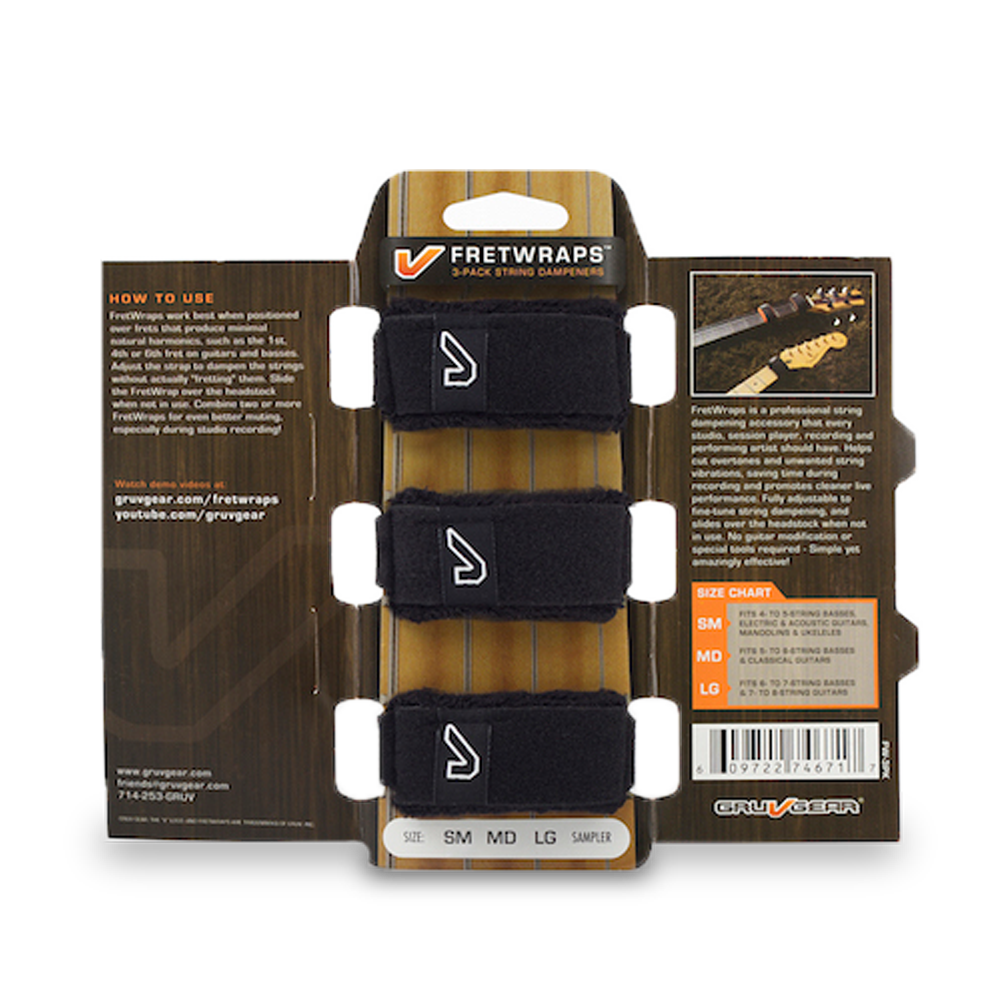
Al Caldwell
Al Caldwell loves music. Inspired by his music teacher Herman Morgan, Al learned an array of musical instruments in school. He planned to be a music teacher until he was motivated by his college professor, Steve Shenkel at Webster University to be a performer. Al was taken under the wing of Oliver Sain in 1991. He was taught the fine art of audio engineering and music production. Oliver taught Al the art of blues recording. Under Oliver’s guidance, Al recorded projects on Johnny Johnson and Ike Turner to name a few. Al Caldwell also produced the remake of “Feel Like Dancing”.
Born in St. Louis, Missouri, with Mississippi and Tennessee family ties, Al was surrounded with R&B and blues from birth. He started out on a plastic guitar when he was 5 years old. He later began to play clarinet and then moved to trumpet. Inspired by the music of Stevie Wonder and Bootsy Collins, Al added electric and acoustic bass to list of instruments in 1976. He had the privilege of playing bass for Albert King and Shirley Brown at local blues festivals.
In 1983, Al decided to take the big step and move to New York. He was introduced to one of the greats, the father of multi-string bass, Anthony Jackson, who later became his mentor. While in New York, Al toured with The Blues Brothers guitarist Matt “Guitar” Murphy. When the tour ended in 1985, he auditioned and earned a spot in the orchestra at The Famous Playboy Club in New York City. In 1986, Al moved back to St. Louis to start his own band. He named itAlsamad, pronounced (uh-sah-ma). He sang lead vocals and played bass. It was then that he developed as a songwriter. He moved back to New York in 1988, then getting a call from Johnny Kemp to play electric and synth bass for his tour. Johnny Kemp had the #1 song in the country, “Just Got Paid”.
Al toured with some of the biggest names in hip-hop and R&B on that tour: Heavy D, Salt and Pepper, Big Daddy Cane, Keith Sweat, Rob Base, Tony, Tony, Toni, and Teddy Riley were just a few of the acts that shared the stage. After 9 months on tour, Al returned home to New York and joined Jonathan Butler. He was a brilliant new R&B singer from South Africa who also played an incredible Jazz Guitar. He was a huge influence in Al’s career. With Jonathan, Al traveled all over the world. He played for the King of Swaziland and to 70,000 screaming fans on a soccer field. Jonathan had several hit songs like “Lies”, “Sarah, Sarah”, “More than Friends”, and the jazz guitar instrumental “7th Ave”. Al stayed with Jonathan until 1991.
Al moved back to St. Louis and studied with Blues legend Oliver Sain. He taught Al how to be an engineer and producer. Al worked with local talent and developed his songwriting skills. He had several Top Ten hits in St. Louis. He also studied with Perry Emge and adopted his philosophy of 1970’s style of substance production. This concept allows you not to get carried away with all of the bells and whistles of the current technology and deal with the substance of the song. Al worked with folk, rock, country, rap, jazz and R&B artist to develop his skills as a producer. Later he gravitated towards the gospel. In 1997, Al got a phone call from Rob Mathes to play bass synth and electric bass with Vanessa Williams. Playing for Vanessa Williams was a wonderful opportunity because her musical vocabulary spread across so many styles. From Broadway to Brazilian, from pop to hip-hop, from jazz to R&B; she covered it all. There were many performances with symphonies and guest entertainers, such as Yo-Yo Ma and Elmo to name a few. Al was blessed to play on her “Everlasting Love” and “Silver and Gold” albums. These albums featured Brian McKnight, George Benson, the great Ozzie Davis.
Playing for Vanessa afforded Al access to some of the finest venues such as Madison Square Garden, Carnegie Hall, and the Hollywood Bowl to name a few. Al also traveled to Egypt, Japan, and China with Vanessa Williams.
In 2004, Al was inspired by the movie “Oh Brother Where are Thou”. He bought a banjo and learned of its rich history. He took three thirty minute lessons and worked on a style of his own. He loved the banjo styles of Earl Scruggs and Roy Clark, but he had never heard funk or R&B represented on a banjo. He started the project named The Travelin Black Hillbillies. The word “Black Hillbilly,” a name coined by the great Deford Bailey, should represent the African influence in the music. He named his style “Hootenanny Soul”. Al met Jens Kruger and Greg Deering, who each expanded his horizons of the banjo; they introduced him to the electric banjo, which Al converted to MIDI to trigger keyboard sounds. He’s also added harmonica to his long list of instruments. His latest album, “The Travelin Black Hillbilly”, is his best work yet; it’s a combination of country and blues.
Though Al is new to country music, his heart really is in this project. “Music is like the Earth…It’s just honest,” he says.



